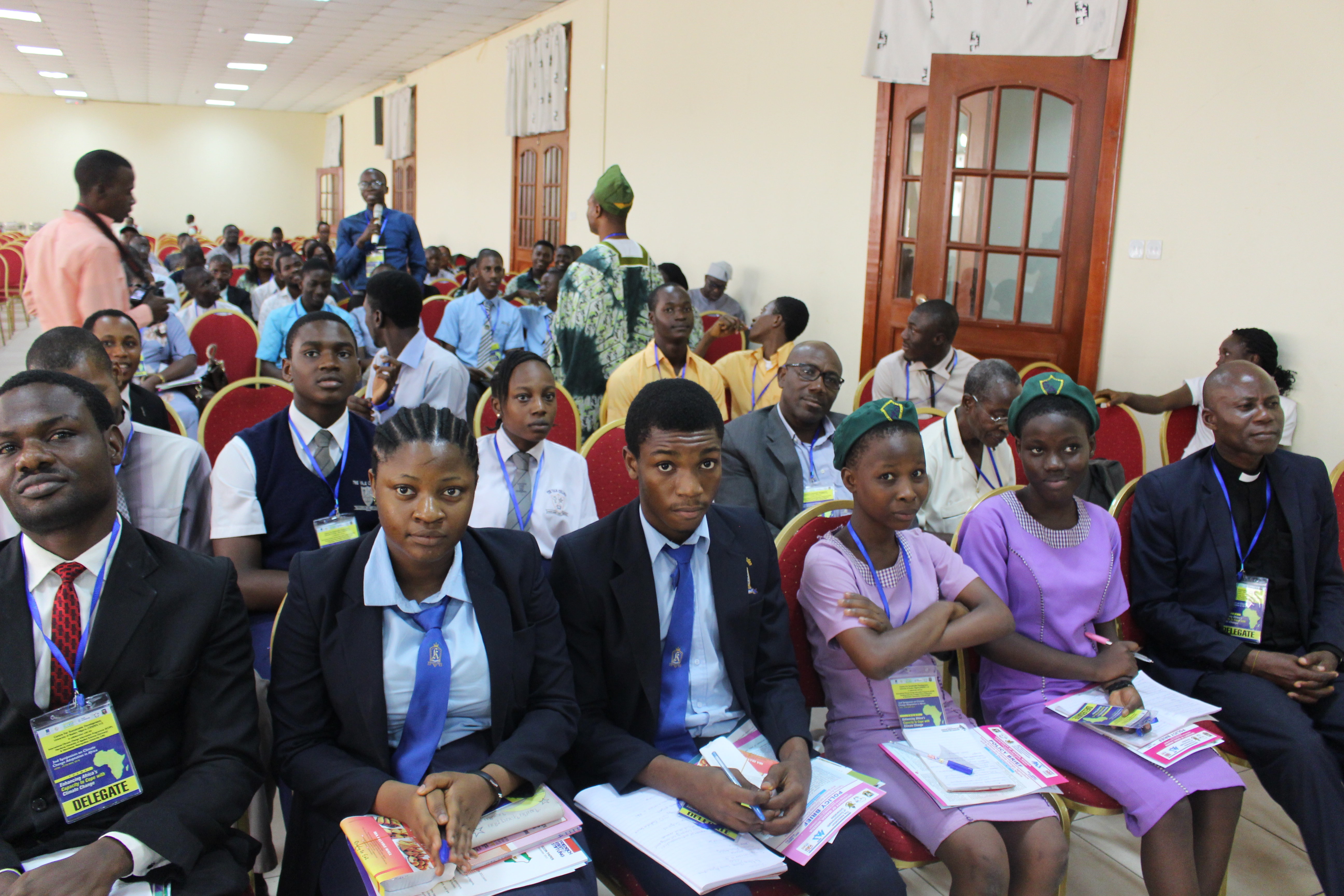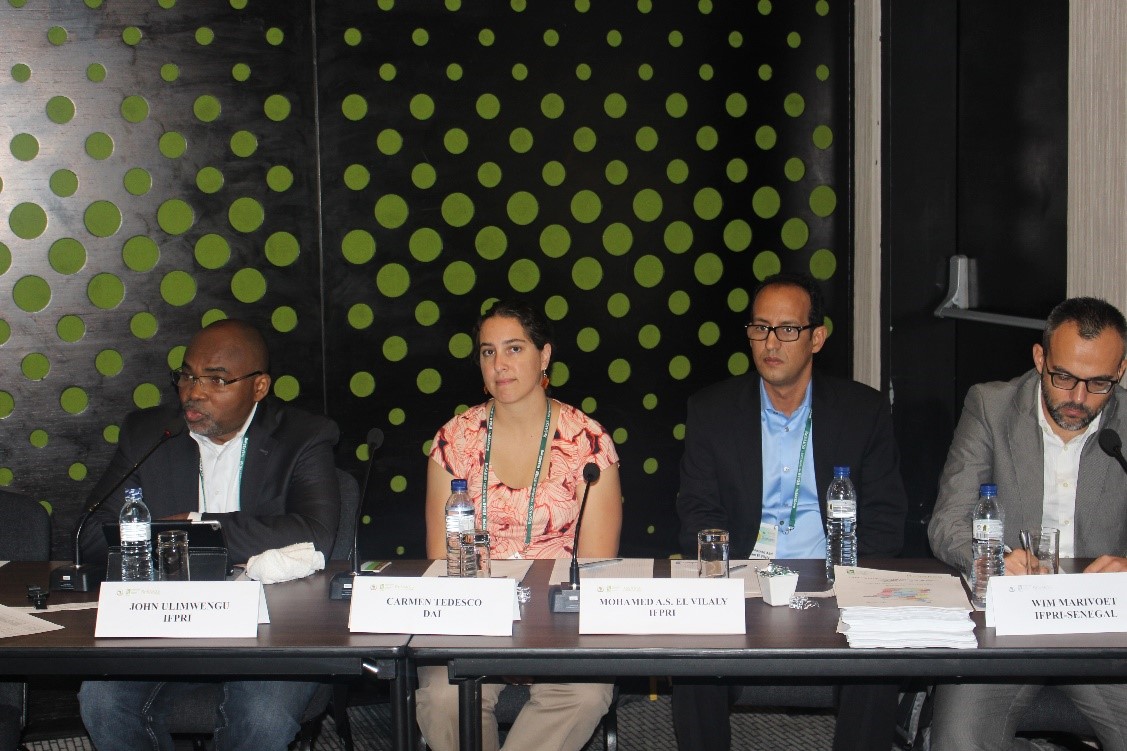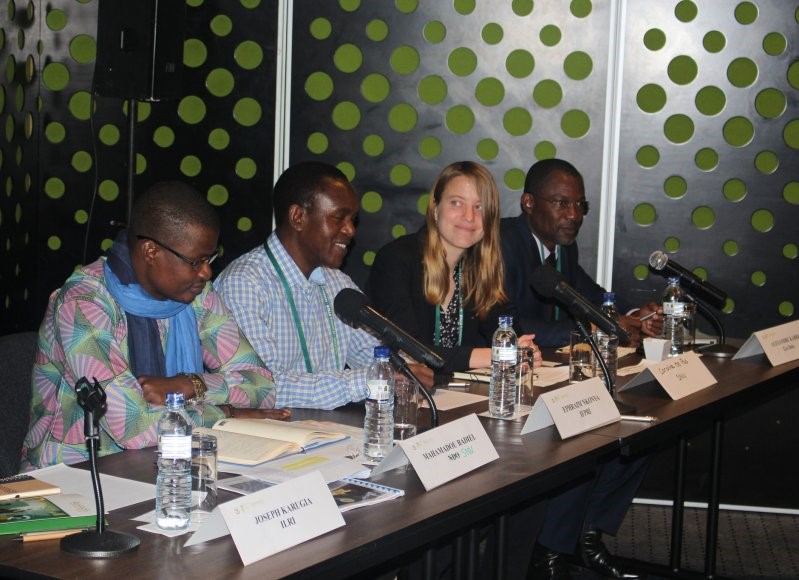The ReSAKSS Annual Conference is one of the main platforms where review and dialogue on the CAADP implementation agenda is promoted among policymakers, development partners, researchers, advocacy groups, and other key stakeholders from within and outside Africa. Malabo declaration signatory countries have committed to assess their progress toward the CAADP goals of allocating 10 percent of the national budget to agriculture and achieving a 6 percent annual agricultural growth rate, as well as progress on ending hunger and halving poverty by 2025. This includes conducting a biennial review process that involves tracking, monitoring, and reporting on progress.
A side event was organized by The African Union Commission (AUC) with the objective of sharing the basics of balanced scorecards, discussing the experiences and lessons learnt so far in establishing the AU BR process, and exploring the AATS findings which constitute the key elements of the Biennial Report that will be presented during the AU assembly in January 2018.
In playing a leadership role, the AUC in collaboration with the NEPAD Planning and Coordinating Agency (NPCA) and Regional Economic Communities (RECs) had initiated consultative actions and technical partner engagements that culminated in a set of reporting tools based on 43 indicators which were categorized in 23 performance categories for reporting on the 7 performances themes of the Malabo Declaration. An agreement reached with the leadership of the AUC was to evaluate the progress made by individual member states using balanced scorecard methods, to come up with an African Agriculture Transformation Scorecard (AATS).
Balanced scorecard methods are metrics benchmarking techniques that bring accuracy, rightness, transparency, and fairness in evaluating progress on achieving a specific goal for which smart targets and corresponding indicators are set. The methods allow peer-to-peer metric comparison of performances in order to stimulate continuous improvement of interventions towards reaching the Malabo Declaration goals.



